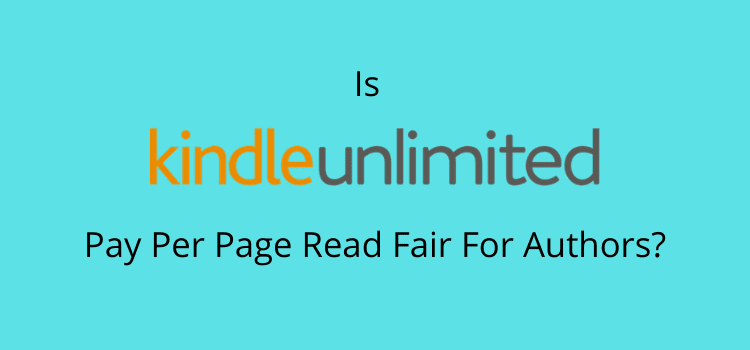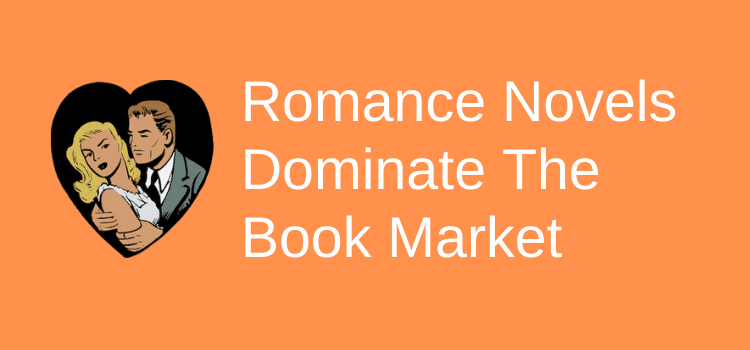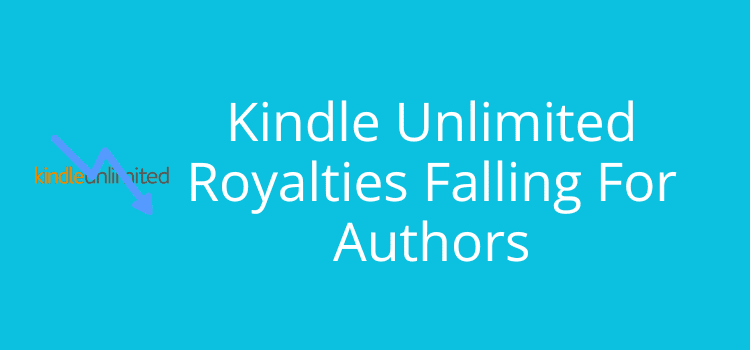
A recent fall in Kindle Unlimited royalties is a concern for self-publishers with ebooks in KDP Select.
Many elements are at play, and only Amazon knows the determining factors. Amazon’s monthly announcement of the Global Fund allocated to paying authors per page read on Kindle Unlimited (KU) is the only known definite.
What we don’t know is how many ebooks are in KU or how many people are KU subscribers. Nor do we know how many pages Amazon customers read each month. So it’s all a bit of a mystery.
But for authors, it’s not a mystery that earnings per page read are now less than a few years ago.
Falling Kindle Unlimited earnings
Amazon’s formula and lack of transparency make it difficult to accurately report author earnings from KU.
All Amazon states in its Royalties in Kindle Unlimited page is this example based on a $10 million Global Fund.
An author with a 100-page Kindle eBook that was borrowed and read completely 100 times would earn $1,000 ($10 million x 10,000 pages for this author / 100,000,000 total pages).
But it is flawed, or at best vague, because no one apart from Amazon knows how many total page reads occur in a given month.
I’ve read many reports about lower returns for KDP Select authors. However, two reliable sources confirm the trend.
The Alliance of Independent Authors reported a fall in Kindle Unlimited royalties from $0.0058 in 2014 to $0.0043 in early 2023.
But this was before Amazon increased the price of the Kindle Unlimited subscription from $9.99 to $11.99 in May 2023.
To see what has happened since then, I checked the Kindleprenuer KENP calculator.
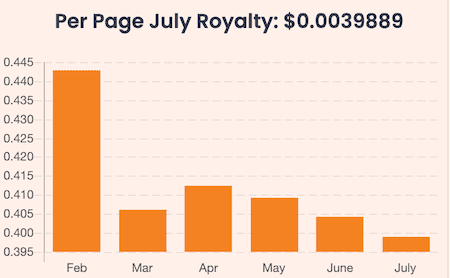
As you can see, the estimated return for authors is moving down and is now at a record low of $0.0039. I checked my KDP sales reports for the current month, and my page read return is also down to $0.0039, so the calculator is accurate.
Kindle Unlimited by numbers
Only Amazon knows the whole story.
But with the information that is available, it’s possible to come to some reasonable conclusions.
Firstly, Amazon announces the Global Fund every month.
You can see from the graphic below using the Wayback Machine, how it has grown over the years.
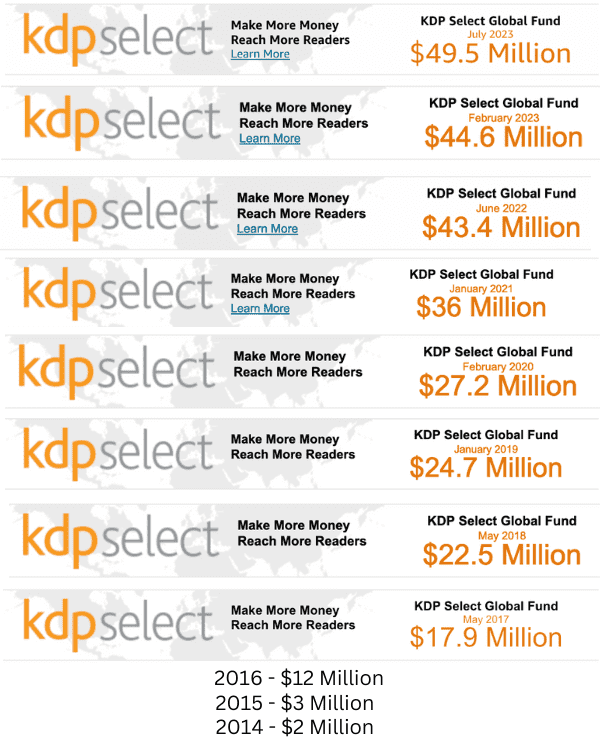
But even though the number increases, the returns for individual authors haven’t.
It’s always been questionable if the royalty from KU is a fair return for authors compared to selling copies of ebooks.
However, to learn a little about KU, it’s possible to make a couple of assumptions to open the door a little.
The first is that the Global Fund is the total revenue from subscribers, less Amazon’s cut.
The second is that because Amazon takes 30% from the sales of ebooks sold by KDP Select authors, it’s a reasonable guess that it takes the same for KU.
But we do know the subscription price is now $11.99, up from $9.99.
From these numbers, we can come to some possible conclusions.
But I have to stress that my calculations are not definitive by any means.
However, they do give a possible guide to what is going on with Kindle Unlimited.
How many KU subscribers are there?
To come to an approximation, I added back Amazon’s cut to the Global Fund and then divided it by the subscription price.
Let’s look at February 2023, which is a month with the old subscription price.
Global Fund – $44.6 Million + 30% = $63.7 Million ÷ Subscription price: $9.99.
Estimated subscribers in February 2023: 6,376,376.
Now, let’s look at July 2023.
Global Fund – $49.5 Million + 30% = $70.7 Million ÷ Subscription price: $11.99.
Estimated subscribers in July 2023: 5,896,580.
As you might expect, the number of subscribers has reduced by about 479,796 after the price increase.
But my calculation is purely guesswork.
How many KU pages do people read per month?
Okay, this is a tough one.
A KENP (Kindle Edition Normalised Pages) page is somewhere between 187 and 220 words.
So, by dividing the Global Fund by the estimated return per page read authors receive, it should be simple arithmetic.
July 2023 – Global Fund ($49.5 million) ÷ page read rate ($0.0039) = 12,692,307,692 page reads.
But that can’t be right because it means that, on average, a subscriber reads 21,500 pages per month.
It doesn’t matter how I rework my arithmetic; I can’t find a logical answer to this question based on this assumption.
Only Amazon knows the formula and the correct answer.
How many ebooks are in KU?
Again, no one knows this number apart from Amazon.
But I have been following the trend for many years.
My last update was in 2022 at around 12 million ebooks, of which the majority are in KU.
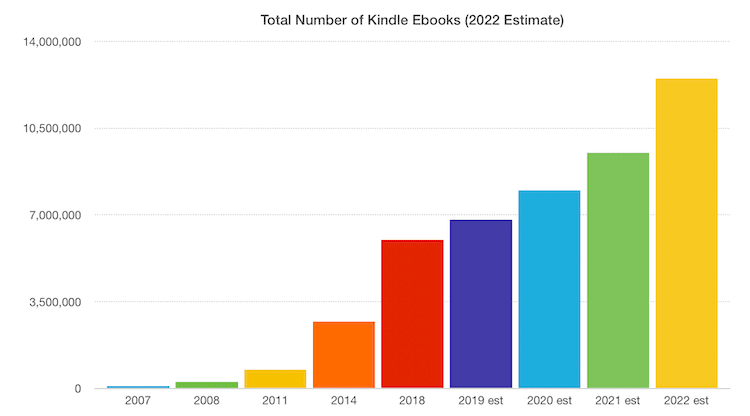
However, the number has probably increased dramatically with the rush of ChatGPT ebooks now on Amazon.
This is a likely game changer and why we have seen Kindle Unlimited royalties fall in recent months.
One AI ebook caused a real controversy and was removed from Amazon shortly after it became an Amazon bestseller.
But it’s only the tip of the iceberg.
Unless Amazon takes more decisive action, spammy AI ebooks will likely continue to flood Kindle Unlimited and reduce exposure and page reads for genuine authors.
Is there a problem with Kindle Unlimited?
Undoubtedly, yes.
Amazon gives the game away a little by increasing the monthly subscription price. It seems like a measure to plug a few holes in a leaky boat.
But subscription reading, like many other subscription models, faces a lot of problems.
It’s not only ebooks. I have had a subscription to my local newspaper for years. It’s for online and physical delivery and now costs me over $300 per year, which is up by 30% in the last two years.
But my daily paper is now down to 12-16 pages from 28 to 32. It’s cut back on so much content, including national and international news, and even the cartoons have disappeared. The weather forecast has even been reduced from seven days to four!
But I also have a subscription with the New York Times, which costs me $4.00 a month.
Which one do you think I’ll keep?
With so much content available on the Internet for free (read here, Google News and Bookbub free ebook deals), the necessity to pay to read is becoming less and less attractive.
AI ebooks are the big issue now
Any author will tell you that it takes at least three months, and often up to a year, to write a book.
But now we have AI scammers publishing KU ebooks at an astonishing rate.
During my research for a previous article, I discovered an AI author who had published 592 ebooks in around two months.
It’s just the beginning. AI ebooks are not going to hit the bestsellers very often, but due to how Amazon search works, they will suck up page reads to the detriment of real authors.
The more AI ebooks that are published without Amazon taking action will mean that Kindle Unlimited royalties will continue to fall for genuine authors.
It’s simply numbers. The more ebooks there are, the less authors will earn.
But for generators of AI and ChatGPT ebooks, it’s about publishing hundreds (if not thousands) of ebooks and skimming the pot.
The scam model is not to get people to read a whole book. It is only to get people to read a few pages.
But that’s still good income on thousands of ebooks that take little time to produce and publish.
The only alternative options are to get out of KDP Select exclusivity, publish wide on other ebook retailers, or sell directly to readers.
But neither option is easy or guaranteed to succeed.
The best and only option now to publish on other retailers is to use Draft2 Digital. Smashwords was an option, but Draft2Digital now owns it.
Giving away or selling ebooks directly from your website or blog is also possible, but it’s not a recipe for success unless you have a lot of traffic or loyal readers.
The only other option is to stick with KU and hope for the best.
Summary
It doesn’t matter which way you crunch the numbers.
The two key points are that while the Kindle Unlimited subscription price has increased by 20%, the page read return for authors is down by about 20%.
If you have a 300-page ebook available on Kindle for a regular price of $3.99, the return for a full read on KU is about $1.19.
Whichever way you cut it, the continuing fall in Kindle Unlimited royalties is not a great deal for authors.
Related Reading: Amazon Can Penalize Authors Because Of Ebook Piracy
Share This Article
